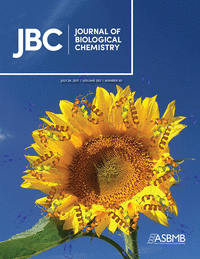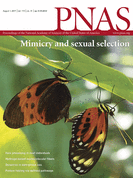 A once-prominent researcher in the field of infectious disease — who was found guilty of misconduct last year— has had a third paper retracted, a 2006 article in PNAS.
A once-prominent researcher in the field of infectious disease — who was found guilty of misconduct last year— has had a third paper retracted, a 2006 article in PNAS.
Last year, the University of Dundee in Scotland found that Robert Ryan had committed research misconduct, which included misrepresenting clinical data and duplicating images in a dozen different publications. After a failed attempt to appeal the decision, Ryan resigned.
In April, we covered Ryan’s first two retractions – a 2012 paper in Molecular Microbiology, which cited image errors, and a 2011 paper in Journal of Bacteriology, which cited image duplication.
Now, PNAS has retracted a 2006 paper, which cites potential image duplication as well as “irregularities” in the data.
Here’s the retraction notice for “Cell–cell signaling in Xanthomonas campestris involves an HD-GYP domain protein that functions in cyclic di-GMP turnover:”
Continue reading Third retraction for former rising star found guilty of misconduct

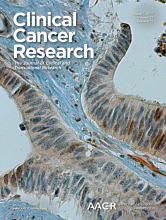
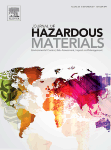

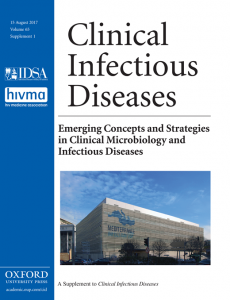 Post-publication peer review isn’t just for scientists. Newspaper reporters can help correct the scientific record, too.
Post-publication peer review isn’t just for scientists. Newspaper reporters can help correct the scientific record, too. 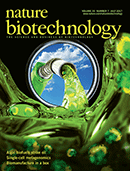 The author of a 2016 paper describing a potentially invaluable lab tool has retracted it, following heavy criticism from outside groups that could not reproduce the findings.
The author of a 2016 paper describing a potentially invaluable lab tool has retracted it, following heavy criticism from outside groups that could not reproduce the findings.